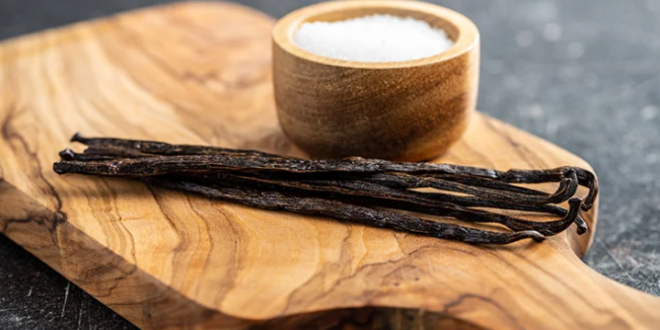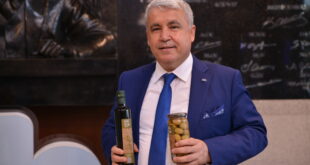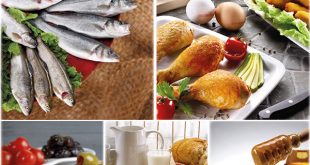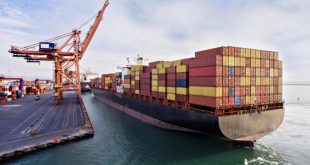From ice creams to custards, cakes to confectionery, vanilla is an indispensable flavour in the world of desserts. But how sustainable is the addiction to this fragrant spice?
What is vanilla?
Vanilla is a spice obtained from orchids of the genus Vanilla. It is grown between 10-20 degrees Celsius above the equator and is a staple crop of Madagascar, Mexico and Tahiti.

As with wine, chocolate and coffee, vanilla has a distinctive flavour profile and characteristics depending on the country where it is grown. This is a result of different climates, soils, curing methods and vanilla species. For example, Madagascar vanilla has a creamier, sweeter flavour, while Mexican vanilla is known for its spice notes.
Environmental impact of vanilla…
Vanilla cultivation has come under increasing criticism in recent years because it is directly linked to the destruction of rainforests in the regions where it is grown. In particular, the Sava region of Madagascar has been the scene of intensive deforestation in recent years.

While some ingredients, such as cocoa and coffee, have come under the spotlight for their association with deforestation, vanilla has received less attention in this context.
“The EU Deforestation Regulation (EUDR) does not include vanilla in its list of products and commodities, but it could be extended in the future,” Rina Razanakolona, Director of the Union for Ethical Bio-Business (UEBT) Madagascar, told FoodNavigator.
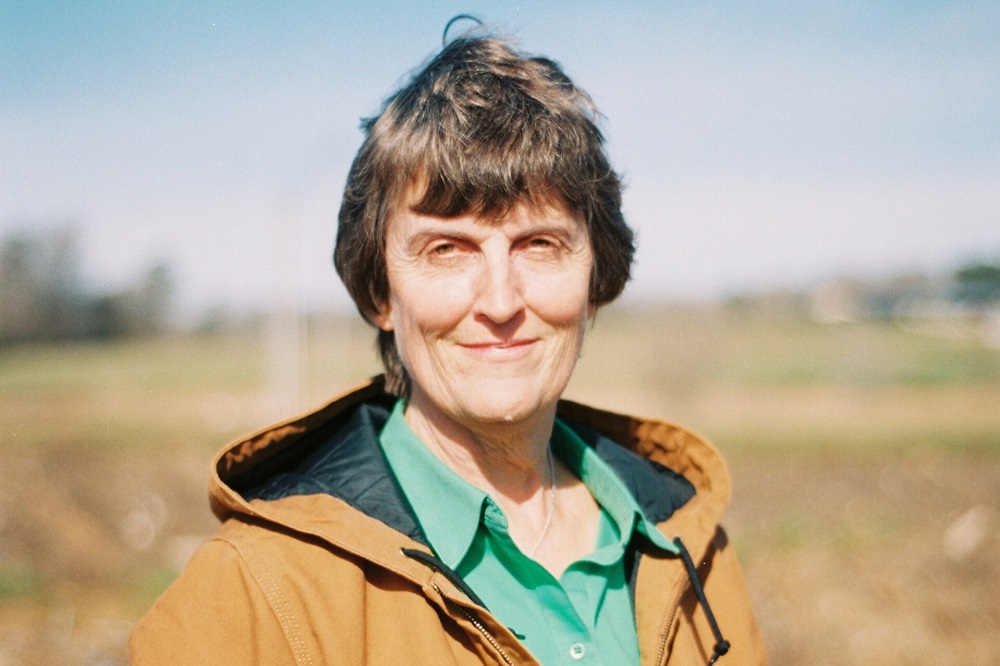
Dr. Laura Kavanaugh, chief science officer at Advancing Eco Agriculture (AEA), also told FoodNavigator: “It is worrying that biodiversity in valuable ecosystems like Madagascar’s is being sacrificed for vanilla production. Large-scale deforestation not only reduces unique biodiversity, but also affects weather patterns. Given that vanilla has artificial substitutes, there seem to be better options for producing this flavour.”
 THE GLOBAL WINDOW OF TURKISH FOOD AND AGRICULTURE The Global Window of Turkish Food and Agriculture Sector
THE GLOBAL WINDOW OF TURKISH FOOD AND AGRICULTURE The Global Window of Turkish Food and Agriculture Sector


